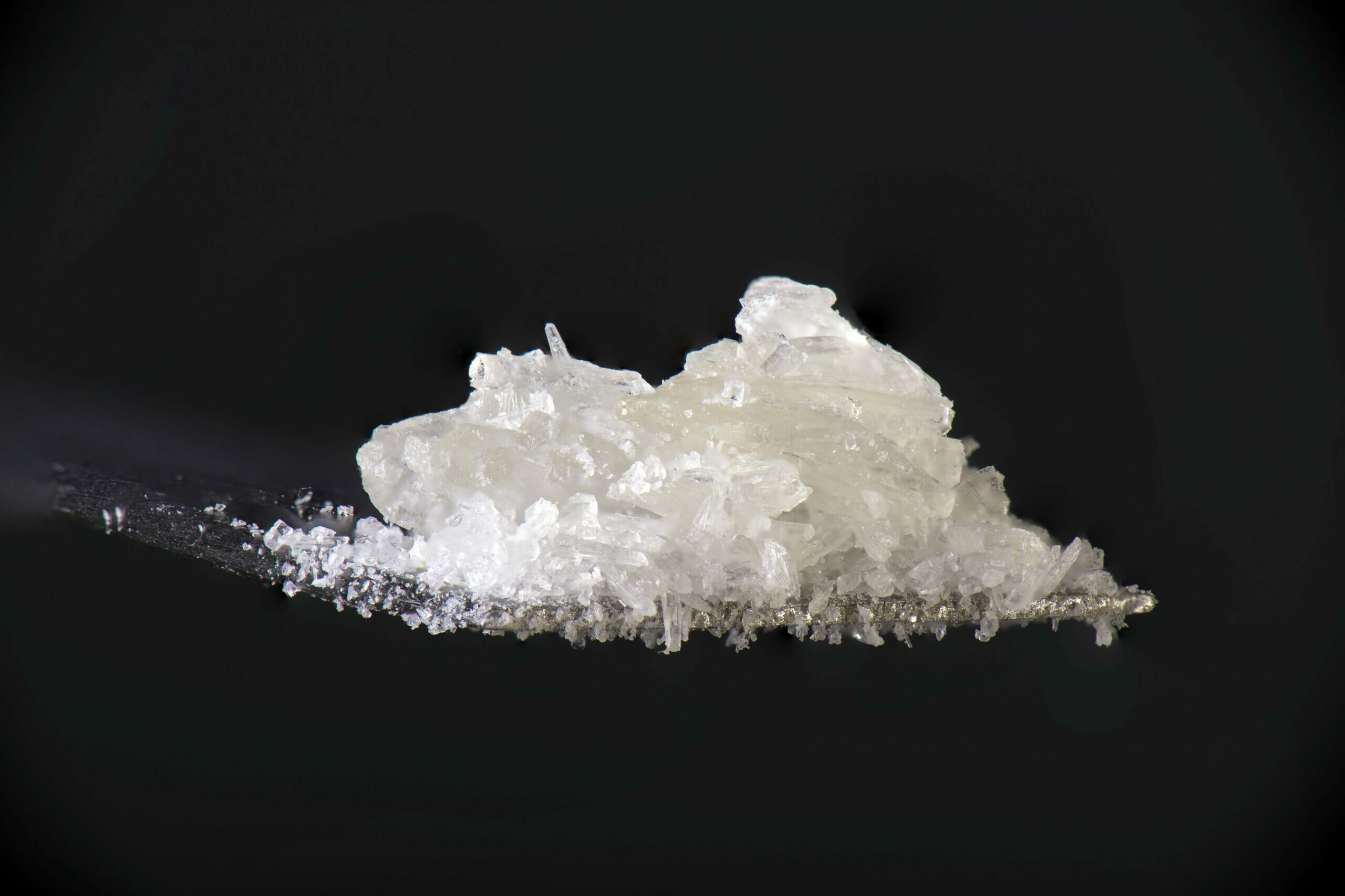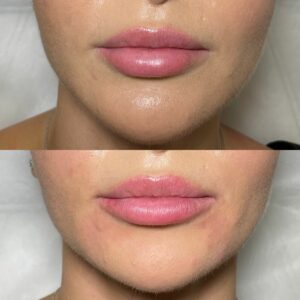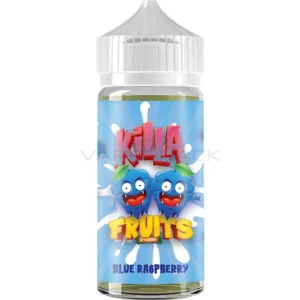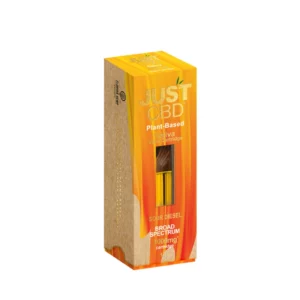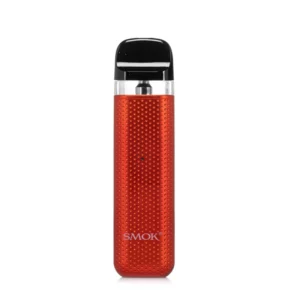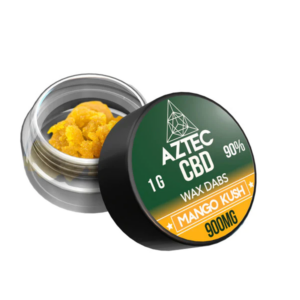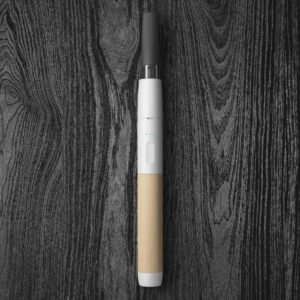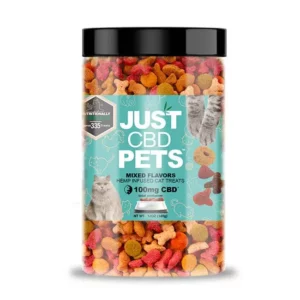In recent years, the popularity of cannabis-derived products has skyrocketed due to growing interest in their potential health benefits. Two of the most well-known compounds found in the cannabis plant are cannabidiol (CBD) and delta-9-tetrahydrocannabinol (THC). While they both originate from the same source, they have distinct properties and effects on the human body. This comprehensive guide aims to shed light on the differences between CBD and THC, exploring their chemical makeup, effects, legal status, medical applications, and potential side effects.
Understanding CBD and THC: Chemical Makeup
CBD and THC are both cannabinoids, chemical compounds found in the cannabis plant (Cannabis sativa). These compounds interact with the endocannabinoid system (ECS) in the human body, which regulates various physiological functions like mood, pain sensation, appetite, and immune response.
- CBD (Cannabidiol): CBD is a non-psychoactive cannabinoid, meaning it does not produce a “high” effect. It is extracted primarily from hemp plants and has become popular for its potential therapeutic properties. CBD interacts indirectly with the ECS by stimulating the production of endocannabinoids and affecting receptor activity.
- THC (Delta-9-Tetrahydrocannabinol): THC is the primary psychoactive compound in cannabis, responsible for the euphoria or “high” associated with marijuana use. It binds directly to cannabinoid receptors in the brain and nervous system, primarily activating the CB1 receptors.
Psychoactive Effects: CBD vs. THC
One of the most significant differences between CBD and THC is their psychoactive effects
- CBD: As mentioned earlier, CBD does not produce any intoxicating or mind-altering effects. Instead, it is known for promoting relaxation, reducing anxiety, and providing potential relief from pain and inflammation.
- THC: THC is highly psychoactive, and its consumption can lead to altered perception, euphoria, heightened sensory experiences, and changes in mood. While these effects may be enjoyable for recreational users, they can be undesirable for others seeking medical benefits without the mind-altering properties.
Legal Status
The legal status of CBD and THC varies significantly worldwide
- CBD: Due to its non-psychoactive nature and potential health benefits, CBD has been legalized in many countries, including the United States (with certain restrictions). However, laws regarding CBD may vary from state to state, so it’s essential to check local regulations before purchasing or using CBD products.
- THC: THC’s psychoactive nature makes its legal status more complex. Many countries have strict laws surrounding THC, classifying it as a controlled substance. However, in some regions and states, it has been legalized for medicinal and/or recreational use.
Medical Applications: CBD and THC
Both CBD and THC have demonstrated potential therapeutic applications, although they target different health conditions:
CBD
Research suggests that CBD may be beneficial for various medical conditions, such as
- Pain Management: CBD has shown promise in managing chronic pain conditions by interacting with pain receptors and reducing inflammation.
- Anxiety and Depression: Some studies suggest that CBD may have anxiolytic and antidepressant effects, potentially helping individuals with anxiety disorders and depression.
- Epilepsy: Epidiolex, an FDA-approved CBD-based medication, has shown efficacy in treating severe forms of childhood epilepsy, such as Dravet syndrome and Lennox-Gastaut syndrome.
- Neurological Disorders: CBD is being investigated for its potential in managing neurodegenerative conditions like Parkinson’s and Alzheimer’s disease.
- Acne and Skin Conditions: Topical CBD products may have anti-inflammatory properties that could benefit individuals with acne and certain skin conditions.
THC
THC’s medical applications primarily revolve around pain relief, appetite stimulation (useful for patients undergoing chemotherapy), and managing symptoms associated with certain medical conditions.
- Pain Relief: THC’s analgesic properties may help alleviate chronic pain conditions, especially when combined with CBD.
- Nausea and Vomiting: THC has been used to combat chemotherapy-induced nausea and vomiting in cancer patients.
Potential Side Effects
Both CBD and THC are generally considered safe when used responsibly, but they may still produce some side effects:
- CBD: Side effects of CBD are typically mild and infrequent, including fatigue, dry mouth, and changes in appetite. It is crucial to note that CBD may interact with certain medications, so consulting a healthcare professional is recommended before use.
- THC: THC is more likely to produce side effects, especially when consumed in high doses or by individuals sensitive to its psychoactive effects. Common side effects include anxiety, paranoia, increased heart rate, impaired memory, and coordination issues. Additionally, THC may not be suitable for pregnant or breastfeeding women due to potential effects on fetal development.
Cannabinoid Receptors and the Endocannabinoid System
To understand how CBD and THC interact with the human body, it’s essential to grasp the concept of the endocannabinoid system (ECS). The ECS is a complex cell-signaling system that plays a crucial role in maintaining homeostasis or balance within the body. It consists of two primary receptors, CB1 and CB2, found throughout the central nervous system, immune system, and other organs. CB1 receptors are mainly concentrated in the brain and nervous system, while CB2 receptors are abundant in immune cells. When cannabinoids like CBD and THC enter the body, they interact with these receptors, influencing various physiological processes.
The Entourage Effect: Synergy of Cannabis Compounds
While CBD and THC have distinct effects, they are not the only active compounds in the cannabis plant. Many researchers believe that the combination of multiple cannabinoids, terpenes, and other plant compounds may create a synergistic effect known as the entourage effect. The entourage effect suggests that the presence of various cannabis compounds enhances the overall therapeutic potential of the plant. For instance, some studies propose that CBD and THC may work better together, with CBD potentially mitigating the adverse effects of THC.
CBD and THC Products: Types and Consumption Methods
CBD and THC are available in various forms, catering to different preferences and intended uses. Some common CBD products include:
- CBD Oil and Tinctures: These are concentrated CBD extracts mixed with a carrier oil, often taken sublingually for faster absorption.
- CBD Edibles: CBD can be infused into various food products like gummies, chocolates, and beverages, providing a discreet and tasty way to consume it.
- CBD Topicals: Creams, balms, and lotions infused with CBD offer localized relief for muscle soreness and skin conditions.
- THC products, on the other hand, are more restricted in terms of legality and availability, depending on the region. Common THC products include:
- Marijuana Flower: The dried and cured buds of the cannabis plant can be smoked or vaporized.
- THC Edibles: Similar to CBD edibles, THC-infused products come in various food and beverage options.
- Cannabis Concentrates: These highly potent extracts of THC can be consumed through vaporization or dabbing.
Conclusion
In summary, CBD and THC are two distinct compounds found in the cannabis plant, each with unique properties, effects, and applications. CBD is non-psychoactive and has gained popularity for its potential therapeutic benefits, while THC is psychoactive and sought after for its recreational effects and potential medical applications. Understanding the differences between CBD and THC is essential for individuals considering the use of cannabis-derived products for health or recreational purposes. As research in this field continues to evolve, it is essential to stay informed about the latest findings and consult with healthcare professionals before incorporating any new substance into your wellness routine.
- Fruity Bliss: My Melo THC Beverage Adventure! - April 23, 2024
- Dr. Laura Geige Explores Neauvia Hydrodeluxe: A Comprehensive Discussion - April 5, 2024
- Lip Fillers, Botox, Dermal Fillers, Anti-Wrinkle Injections in Barnsbury N1 - March 26, 2024



